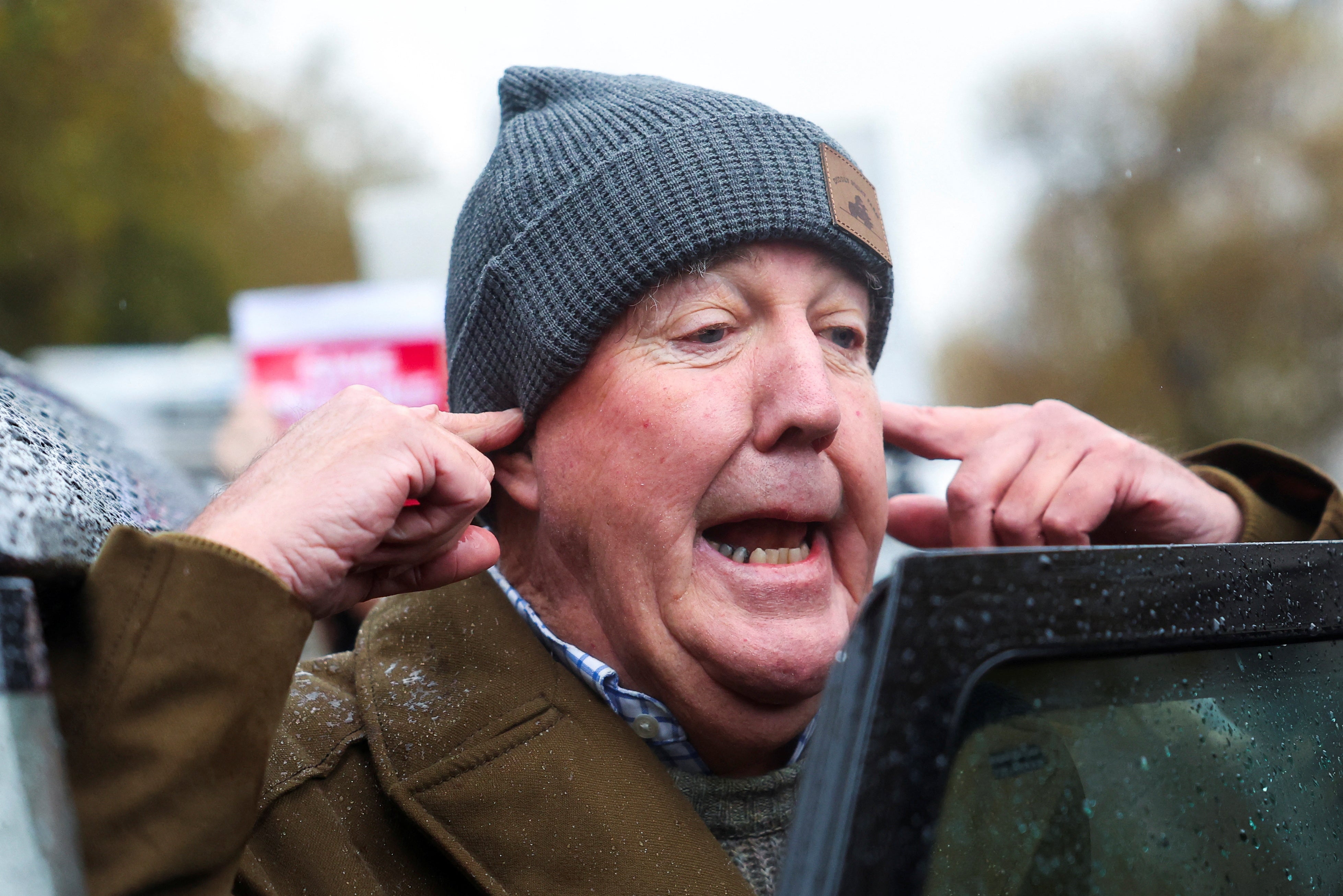The first Labour MPs have expressed doubts over the government’s decision to extend inheritance tax to cover agricultural properties, after an estimated 13,000 people marched on Westminster on Tuesday to protest the levy.
It comes amid growing concern from rural MPs that they will face a wipeout at the next election as a result of the policy, after the party’s landslide election victory saw Labour MPs elected across 114 countryside constituencies.
Steve Witherden, MP for Montgomeryshire and Glyndŵr, called on the Treasury to release its modelling on the impact of the policy.
He also suggested changes to the plans may be necessary to protect family farms, telling the Telegraph: “It’s not remotely uncommon for any legislation to go through various phases. There’ll be the opportunity for backbench MPs like myself to feed into that debate.”
Andy MacNae, MP for Rossendale and Darwen, admitted it is unclear whether or not family farms would be protected with the extension of the tax, saying he would take the “real concerns of farmers” to the Treasury.
Meanwhile, Terry Jermy, Labour MP for South Norfolk demanded reassurance from the government “on the scale of the impact and confirmation that the figures are accurate”.
Treasury data shows that around three-quarters of farmers will pay nothing in inheritance tax as a result of the controversial changes.
But farmers have challenged the figures, pointing instead to data from Defra which suggests 66 per cent of farm businesses are worth more than the £1m threshold at which a 20% inheritance tax will now need to be paid.
Earlier this week, Labour peer Baroness Ann Mallalieu told The Independent that chancellor Rachel Reeves’s measure to abolish inheritance tax exemptions for some farms will risk wipeout for Labour in rural areas.
The Labour peer, who is also president of the Countryside Alliance, warned: “Under Tony Blair there were 100 rural Labour MPs. Tony Blair mounted, and very much regrets it now as he says, what was seen as an attack on the countryside and it dropped to 17.
“It took 14 years of Conservative governance before it was restored to 100 – now [it is] such a pity to throw that away, which it seems to me they are bent on doing.”
Tuesday’s protest saw TV personality Jeremy Clarkson urge the government to back down over the policy, saying it is a “hammer blow to the back of the head” for the agricultural industry.
He begged the government to “accept this was rushed through, wasn’t thought out, and was a mistake.”
Meanwhile, Tory leader Kemi Badenoch promised to reverse the policy if her party wins the next election, describing it as “cruel and wrong”.

But ministers have since doubled down, with environment secretary Steve Reed on Tuesday afternoon saying many farmers protesting on the streets are wrong about its implications and rejecting claims that many in the sector will be affected by the plans.
In a joint statement with Mr Reed on Monday, Ms Reeves defended the policy, insisting the government had taken difficult decisions to fix gaps in the public finances.
“We recognise the strength of feeling expressed by farming and rural communities in recent weeks,” the statement said. “We are steadfast in our commitment to Britain’s farming industry because food security is national security.
“It’s why we are investing £5bn into farming over the next two years – the largest amount ever directed towards sustainable food production, rural economic growth and nature’s recovery in our country’s history.”







